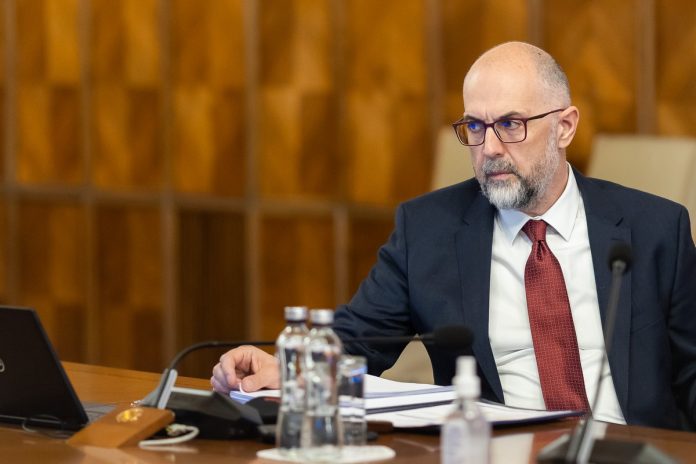The governing coalition has reached a compromise solution regarding the reform of local and central administration after three months of discussions, although this conclusion should have been reached as early as August, Hungarian Democratic Union of Romania (UDMR) Chairman Kelemen Hunor said.
‘The impact at the local level will be one and a half billion, and at the central level it will be around 4.5 to 5 billion or slightly above 5 billion. That is roughly the impact, we are talking about savings from the national budget, and the fiscal measures package is being prepared, which we will see when it comes into force – either mid next year or starting in 2027. From the very beginning, we proposed a 10% actual reduction in local administration. What was decided yesterday in the coalition means 10%. The year 2026 is a transition year, meaning there is the possibility to reduce salaries or the number of positions. From 2027 this possibility will no longer exist, as each local administrative unit will have to comply with the set ceiling. At central administration level, the reduction will be more than 10%, it will be leaner and not uniform, as there is a huge difference between ministries. In some ministries, a 20% reduction is possible, while in others – such as Education and Culture – even 10% is not feasible, as more staff are needed and they are not oversized. But overall, at the central level, it will be about 10%. The administration will be leaner,’ explained Kelemen Hunor at Parliament.
The UDMR leader pointed out expenditure cuts mean a reduction in the wage envelope, which leads to savings in the national budget, adding that a nuanced approach was needed as there are administrative units where reduction should be greater and others where there are no extra employees.
In the opinion of the UDMR chairman, the VAT increase should be for a limited period.
‘So, if next year we go with a deficit of 6.9, I think that is reasonable, but certainly not 6. We are on a very narrow path. From this point of view, I believe that in the medium term, if fiscal measures are implemented and the economy continues to perform without cooling down, then in 2027-2028, the Government and Parliament must consider reducing taxes to attract investment, boost consumption and grow the economy,’ underlined Kelemen Hunor.
The UDMR leader mentioned that this was the compromise solution proposed by Save Romania union (USR) leader Dominic Fritz. AGERPRES




